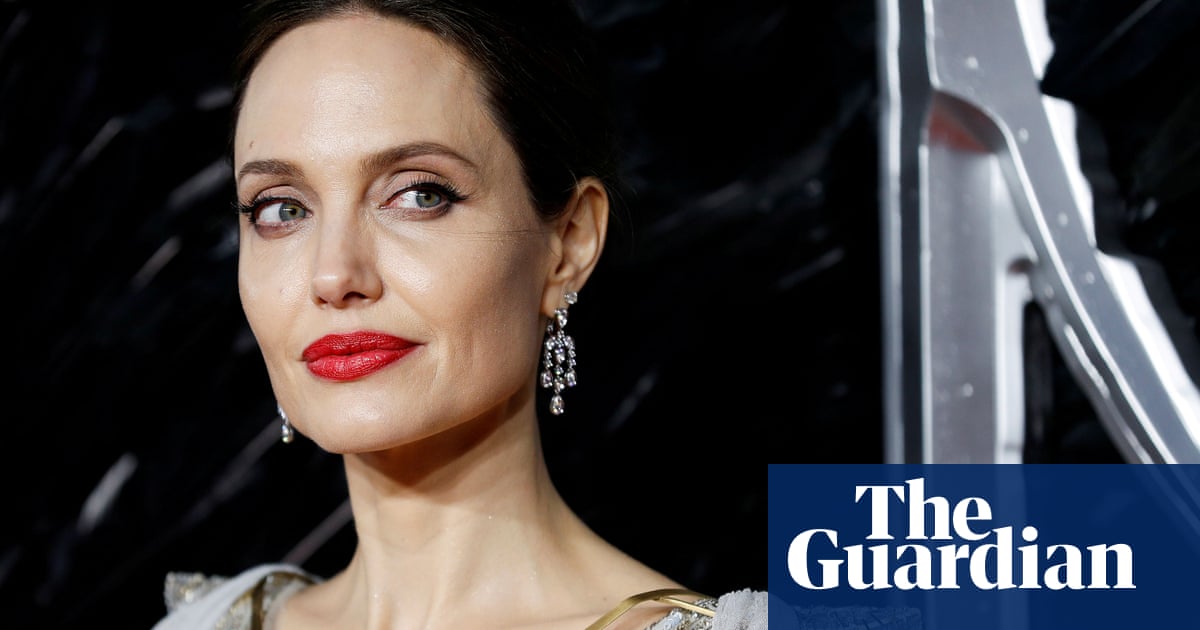She’s alive! Reports of the death of Universal’s ambitious Dark Universe appear to have been greatly exaggerated

It is hard to imagine a more ignominious start to a film franchise than the one suffered by Universal’s Dark Universe with its appalling remake of The Mummy in 2017. A cheesy, old-fashioned star-vehicle for Tom Cruise, and featuring one of the most preposterous screen performances of recent times by Russell Crowe as Dr Jekyll/Mr Hyde, Alex Kurtzman’s risible effort tried and failed to interest us in an entire Marvel-style cinematic universe of monster movies being investigated by a SHIELD-style linking organisation known as Prodigium. An expensive, clunky box-office
bomb – it is reported to have lost the studio around $95m amid audience derision and critical ridicule – the film appeared to have sounded the death knell for Universal’s ambitious plans for a series of connected horror flicks.
However, in
Hollywood there is always another maniacal movie executive determined to apply the jump leads to a tired old franchise, and reports of the death of the Dark Universe seem to have been greatly exaggerated. Leigh Whannell’s The Invisible Man, a reworking of the 1933 Claude Rains classic, will hit multiplexes later this month with Elisabeth Moss in a starring role. This time, instead of flashy special effects, the studio seems to have opted for the kind of low-budget, high-yielding horror that saw Whannell’s previous films, Saw and Insidious, triumph financially – it is budgeted at just $20m. Other director-led “open-source” projects, such as Elizabeth Banks’ unconnected Invisible Woman, and Dexter Fletcher’s Dracula henchman flick Renfield, are reportedly on the way.